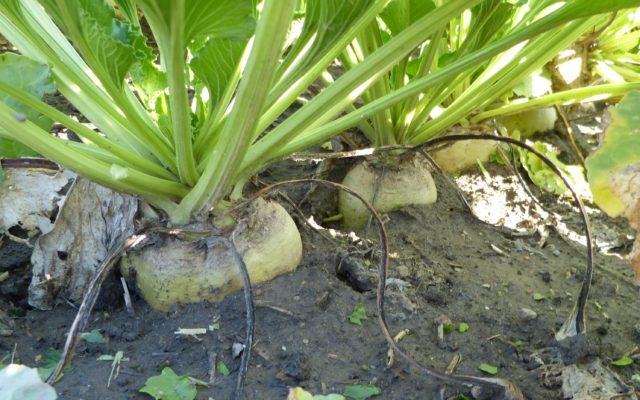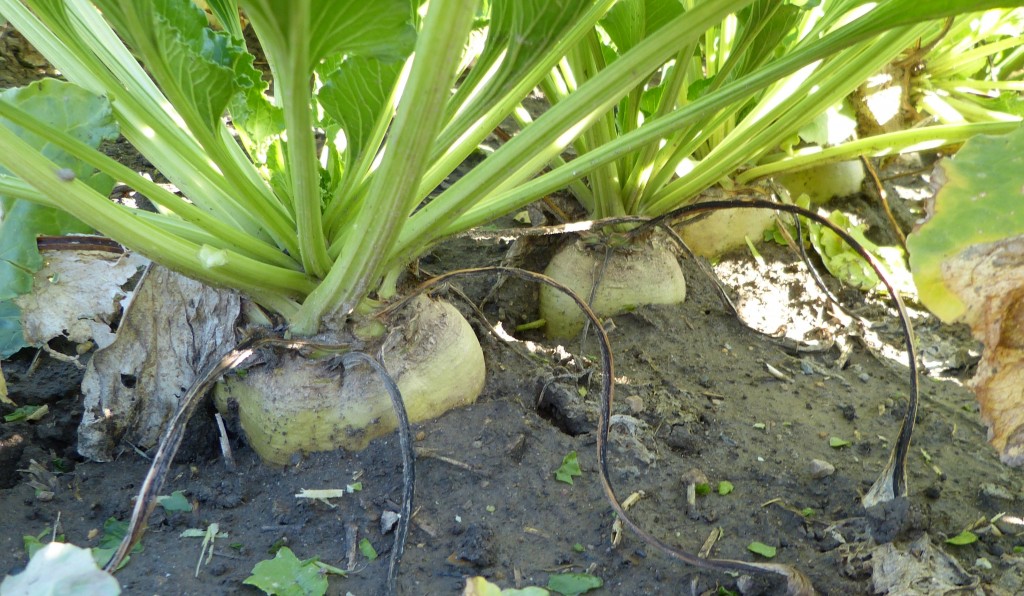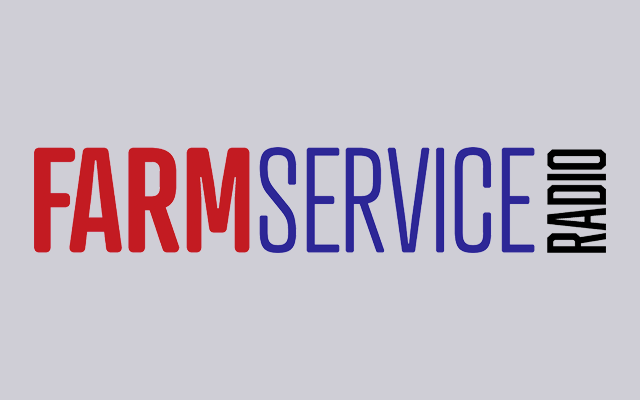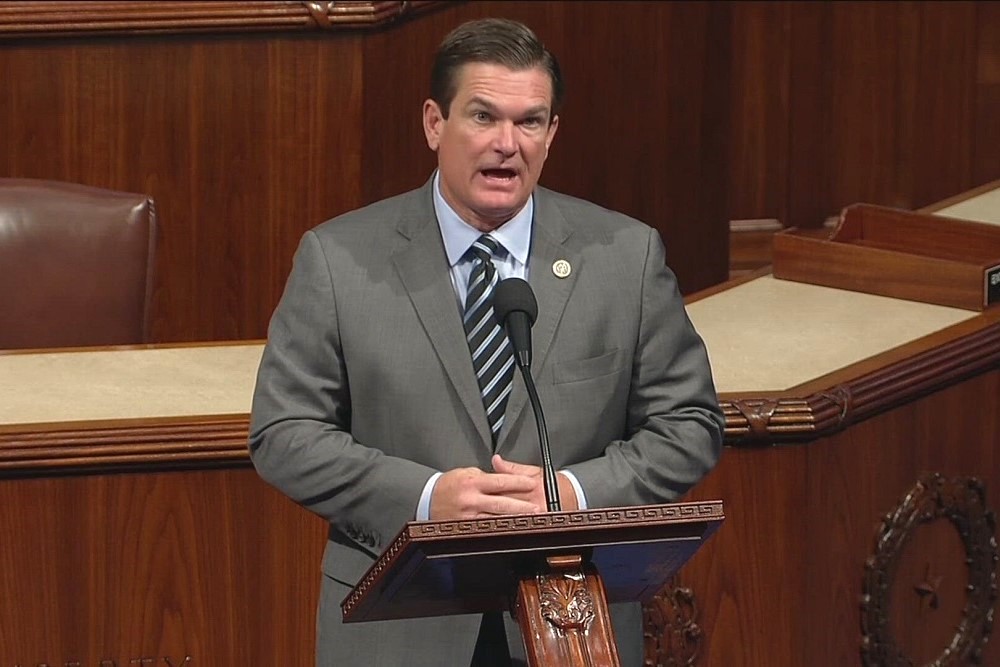Making a Sugar Beet Crop Insurance Plan to Accommodate for Changes


In November, USDA announced new changes to crop insurance for sugar beets in 2020. According to USDA, these changes will better protect sugar beet producers who experience a bumper crop in the future, as well as other flexibilities.
According to Julie Gardner, a senior crop insurance specialist with GreenStone Farm Credit Services, the changes announced in 2019 were the first time there were major changes to the crop insurance program.
“In 2019, they changed the policy instead of reporting it as tonnage, they made the change to be more in-line with the sugar itself because that’s what they’re harvesting sugar beets for is the sugar,” said Gardner.
There was also a change for sugar beets that were harvested early before the beets hit full maturity. Gardner said when farmers pulled beets early to start the processing plants, those beets were low in sugar tonnage.
“What they did is if you early harvested, they are allowing you to add production so when you’re insuring against your history, you’re not taking a dig because you signed up for an early dig program,” she said.
Gardner mentioned some farmers might be interested in a whole farm revenue protection policy, which is a pilot program, but a farmer can insure revenue. There’s also governmental supplemental coverage option.
“With a replant coverage, it is something available if they’re looking to protect revenue,” she said. “The other thing is the federal government does have a supplemental coverage option—the crop insurance option that provides additional coverage for a portion of your underlying crop insurance deductible.”
If a sugar beet grower is interested in these crop insurance options, Gardner said it’s not too early to start making a plan with GreenStone.
“We do have pricing out for 2020 already, so we can quote on sugar beets,” said Gardner. “Starting early doesn’t matter, but March 16 is our deadline.
Contact your local GreenStone branch to get in touch with a crop insurance specialist.



